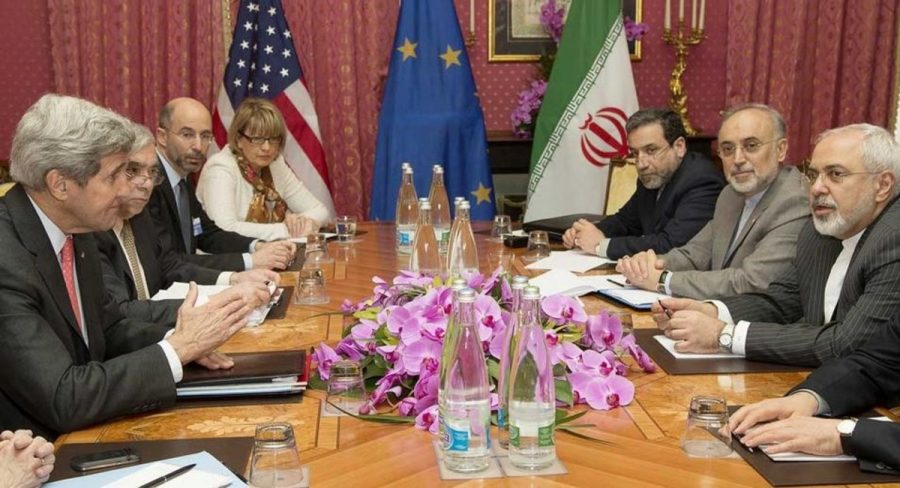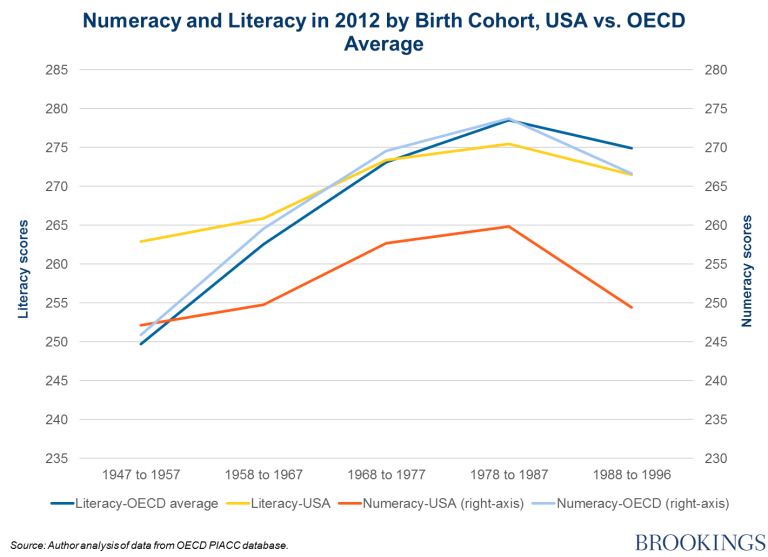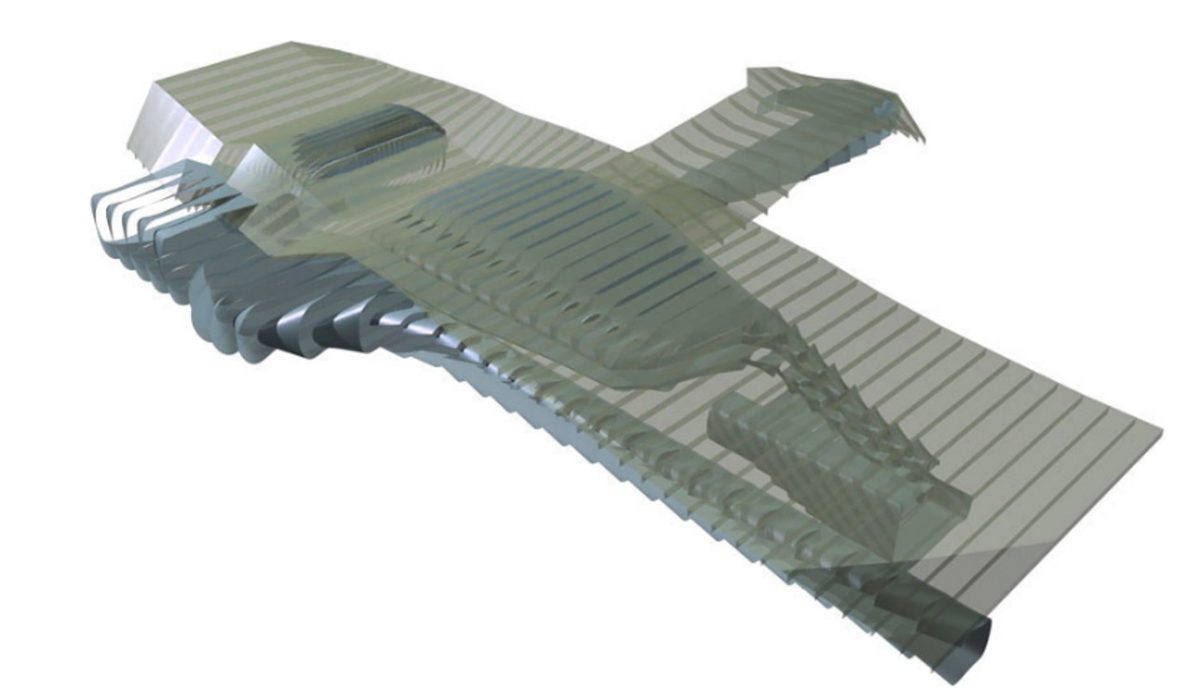By Bradley Dick ’16, Contributor
President Barack Obama, who hasn’t had much success negotiating with foreign officials in the past, is attempting to broker an agreement with Iran that could determine the stability of the Middle East for decades to come. However, an interesting battle over the deal is taking place between lawmakers in Congress on both sides of the aisle, President Obama, and foreign officials.
For over a decade now, Iranian officials in Tehran have been making proposals to the P5+1 to advance their nuclear development programs. For much of the past 12 years, Iranian proposals have been pushed aside by not only the United States but also key members in the U.N. Security Council such as France, United Kingdom and Germany.
In the past, such as the 2003 Iranian proposal, Iran has called for a number of key measures that seem to point to a peaceful Iran that is simply attempting to stabilize the weakened Middle East. However, the last piece of their agenda included Iran’s full access to peaceful nuclear technology.
This last agenda item is where the concern for many lawmakers lies. Questions have been asked ever since as to whether or not Iran would misuse this nuclear technology by discreetly enriching uranium for warheads.
The almost decade and a half long struggle for an Iranian nuclear deal with the US is seemingly about to end. As a part of President Obama’s attempt to shore up relationships with Iran and Cuba, Obama has taken a much more lenient position towards Iranian nuclear development.
However, with Iran practically bullying President Obama into a nuclear deal that allows them all but sanction-free nuclear arms, Republican lawmakers in Congress along with some Democrats are frantically trying to veto or at least water down this deal. Many congressmen and Americans fear that any and all money given to Iran will only be used by Iran for nuclear missile development which will only add fuel to the destabilizing Middle East.
The Middle East, which has had cultural conflicts for centuries, is experiencing some of the worst relations since Israel became a nation in 1948. The relationship between Israel, a Jewish state, and Iran, an Islamic state, has been deteriorating for decades. Just three years ago in a May of 2012, the Iranian Military Chief of Staff stated that “The Iranian nation is standing for its cause and that is the full annihilation of Israel.”
Following this aggressive statement from a chief Iranian official, in January of 2013, Iran warned that if Israel conducted an attack against Syria and Bashar al-Assad, who was committing humanitarian atrocities on his people, they would have to face consequences from Iran.
Just two years later, President Obama believes that a new, peaceful Iran will simply use nuclear technology for educational and economic purposes. However, not much changed in Iran. Iran’s new president, Hassan Rouhani, who took over in 2013, has been trying to distance himself from former Iranian president, Mahmoud Ahmadinejad. But, Hassan Rouhani’s attempt to get an all but sanction-free nuclear program indicates to many officials, including the Israeli’s, that little changed in Iran.
A nuclear Iran will almost definitely destabilize the already unstable Middle East. If Iran goes nuclear, other countries such as Syria who feel threatened by Iran will try to go nuclear too. This domino effect in the Middle East will create a nuclear Middle East that is willing to act militarily on each other because of cultural differences and disagreements that have been ongoing for thousands of years.
If the Obama Administration feels that they must go through with the Iran nuclear deal, then they need to water down the deal by pushing tough regulations on to Iran that will allow U.S surveillance on all nuclear activities in Iran. This will, at the very least, prevent a nuclear Iran and further escalation in the Middle East.









